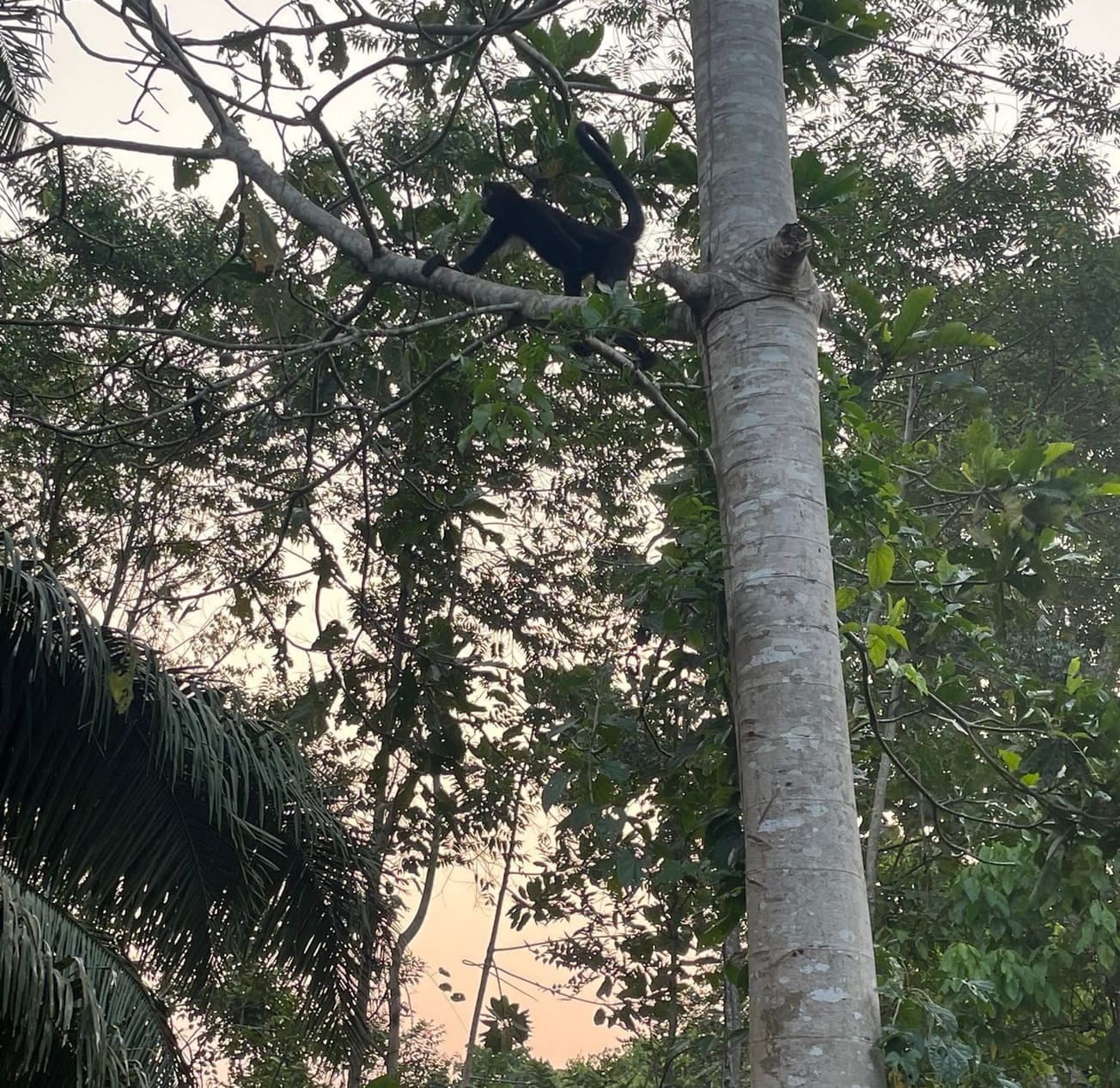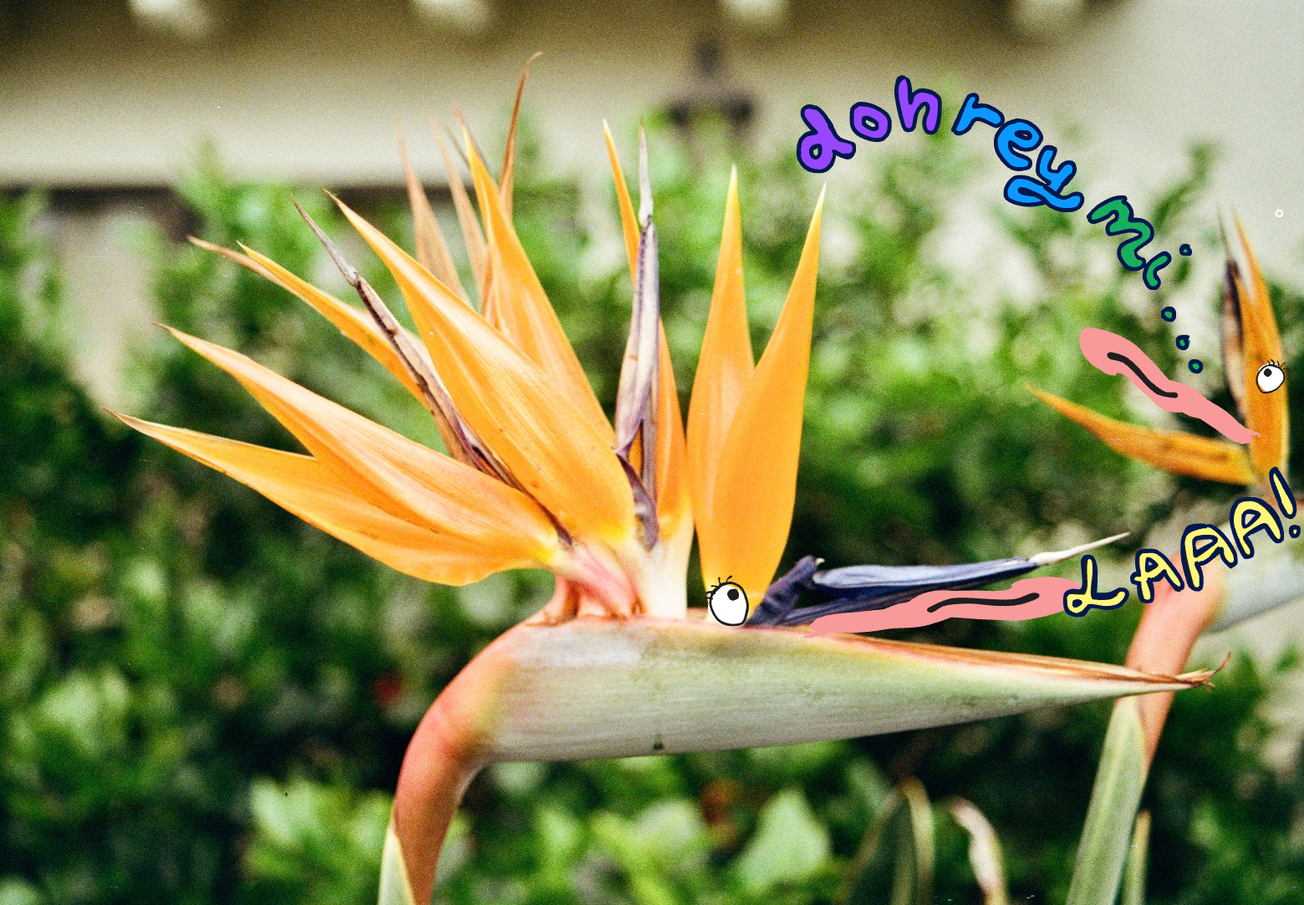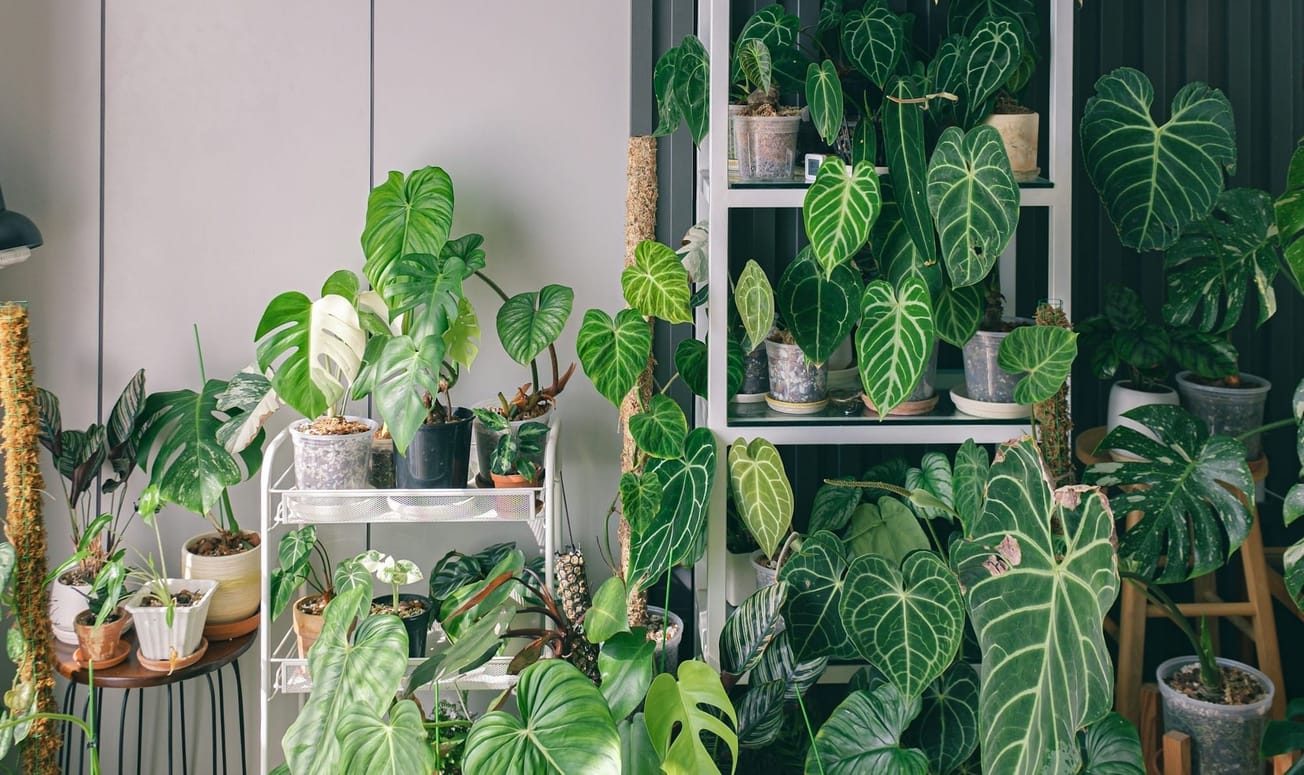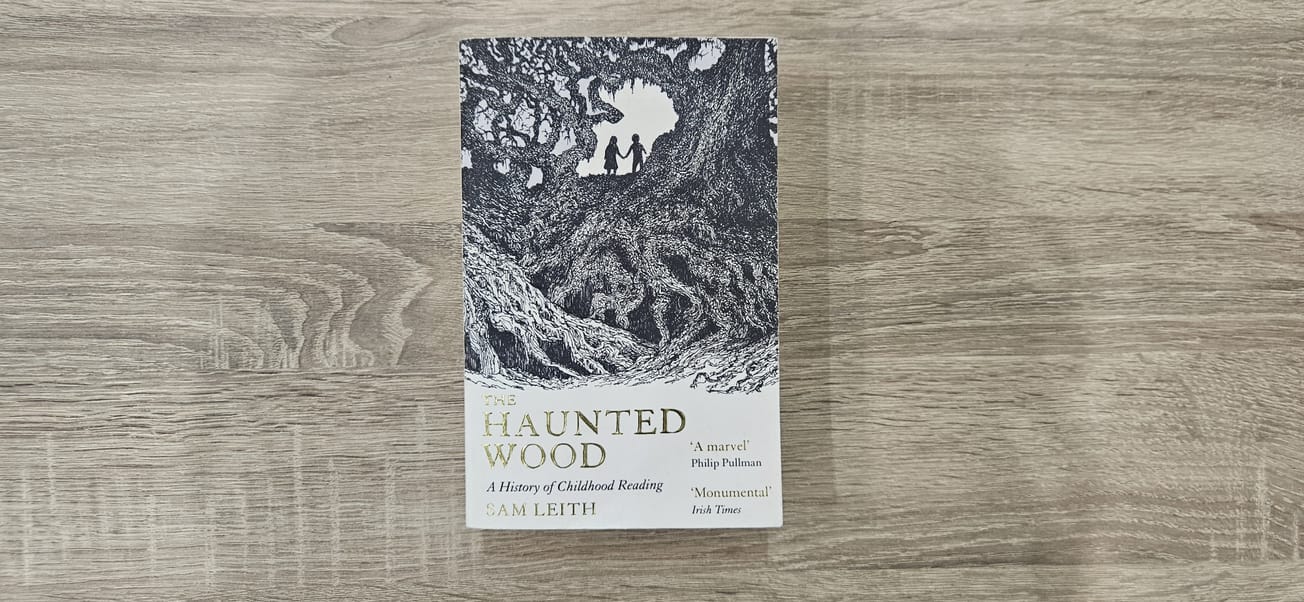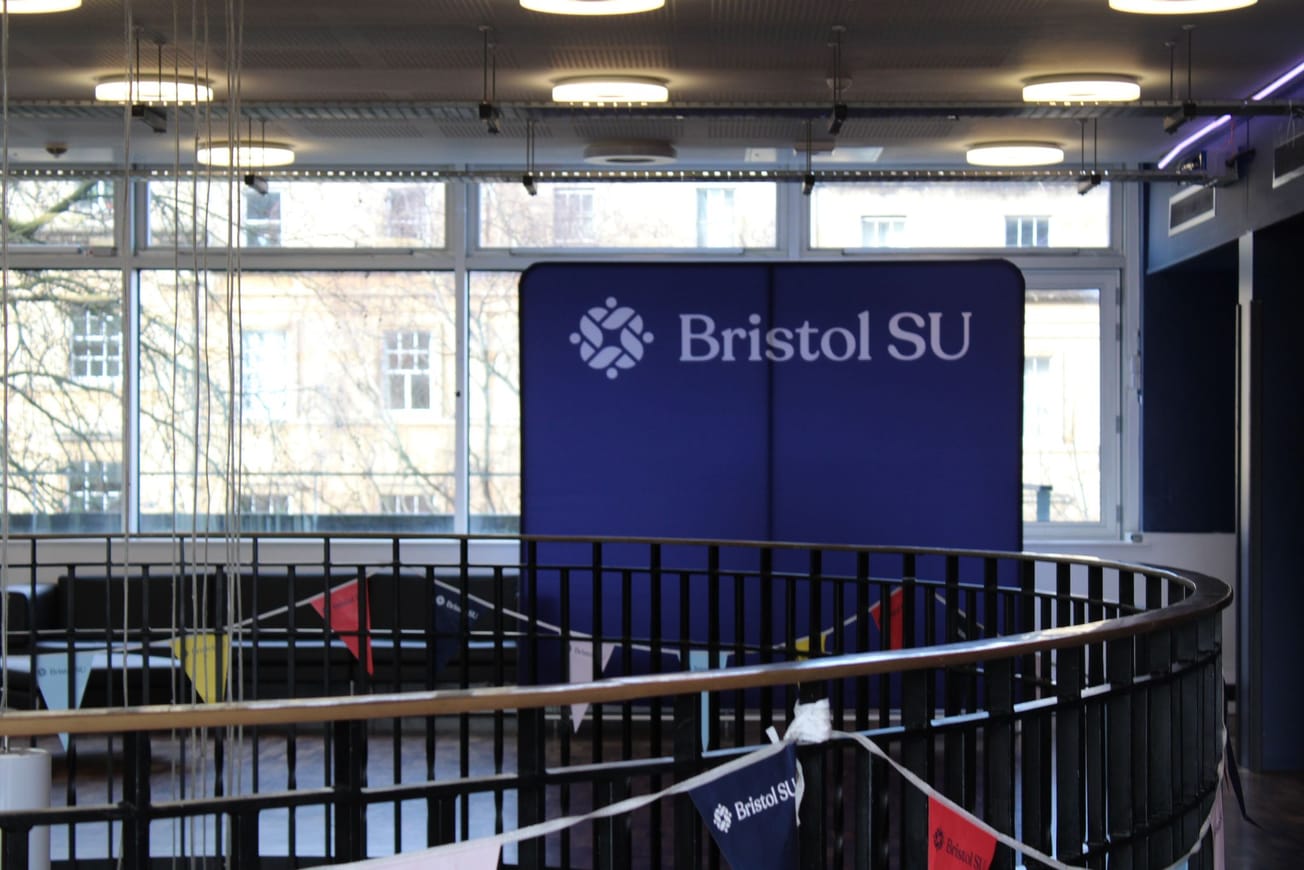By Alex Hulley, 4th year, Engineering Design
The country of Peru and the Amazon has fascinated me for many years, but the idea to actually travel there was planted during my year in industry when I worked in a factory. My job in manufacturing was monotonous, uninspiring, and negatively impacted the environment. I was in desperate need of some renewed inspiration, and I knew that I would find that by volunteering abroad. I found a research station deep in the Peruvian Amazon which needed volunteers, so I sent them an email.
After an 18-hour flight, a 10-hour bus, and a 2-hour boat ride, I arrived at Kawsay Biological Station in the Amazon rainforest. The Amazon is the most biodiverse region on the planet and is home to 10% of all global species, covering an area roughly the same size as the United States. Kawsay was set up by a man named Raul, who became the owner of the land after he detected illegal loggers. Raul has dedicated his life to the protection of spider monkeys in the Amazon, and his work has resulted in Kawsay becoming the only rescue centre to successfully reintroduce spider monkeys into the wild.
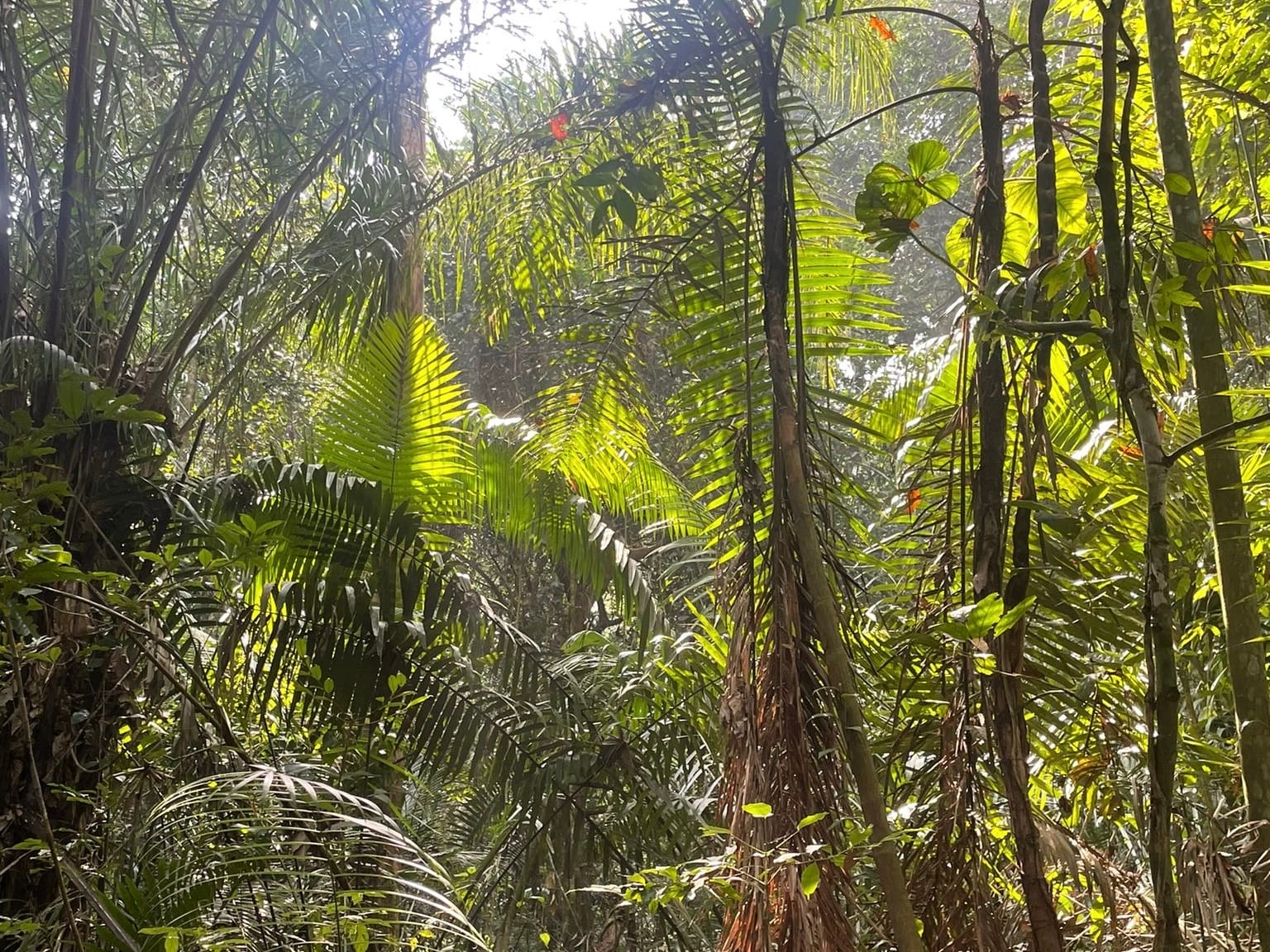
Spider monkeys are some of the only mammals which can reach and eat the fruits of the tallest trees, and thereafter play a vital role in their seed dispersal. Some of the trees, such as the ancient Shihuahuaco “Tree of Life”, are home to the largest birds in the Amazon, as well as the beautiful macaws. These birds are incredibly vulnerable to the habitat loss caused by deforestation and logging practices, thus these species become very dependent on there being a stable population of spider monkeys. Therefore, the decline in the spider monkey population occurring in Peru disrupts the ecological chain of bird species, jeopardizing the delicate balance of the Amazon's ecosystem.
Every single spider monkey at Kawsay was found caged or abandoned after having been illegally kept as pets for families. The first stage of rewilding the spider monkeys begins at Taricaya Rescue centre, a neighbouring station around a 15-minute boat journey away from Kawsay. At Taricaya, groups of monkeys who have been there for a longer time will teach the new monkeys how to live in the wild again. It is imperative that spider monkeys live in groups, as they would certainly die if they were released alone. It is truly incredible watching a group of monkeys teach a new monkey how to eat, climb, and live together again.
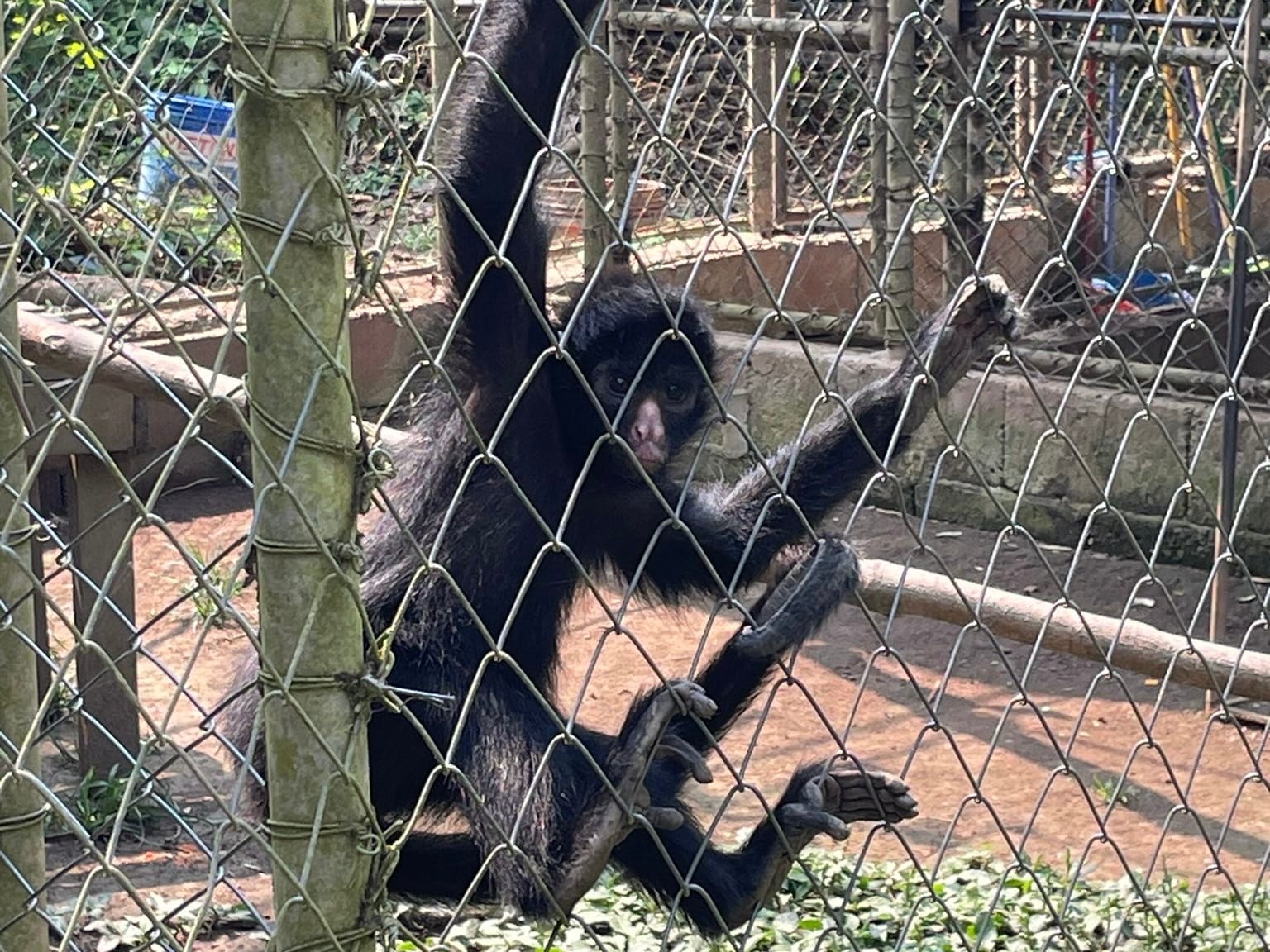
Once they are ready, the monkeys are taken to Kawsay, where they are released into the jungle. The monkeys often like to stay a little too near to the station itself – I experienced this during my time at Kawsay, when the monkeys would try to break into our cabin and steal our toothpaste! Luckily, we were all armed with water guns to protect our toiletries, and we were strictly asked not to make eye contact with the spider monkeys, since we wanted them to be uninterested in us at the station.
As they felt ready, the monkeys moved further into the rainforest. Inside the jungle, our teams monitor the monkeys around the clock; Raul even taught us the monkey call which we could use to bring the monkeys to us in the mornings. Giving these monkeys a second chance in a way as unique as this was truly incredible, and I got the feeling that Kawsay was doing something very special.
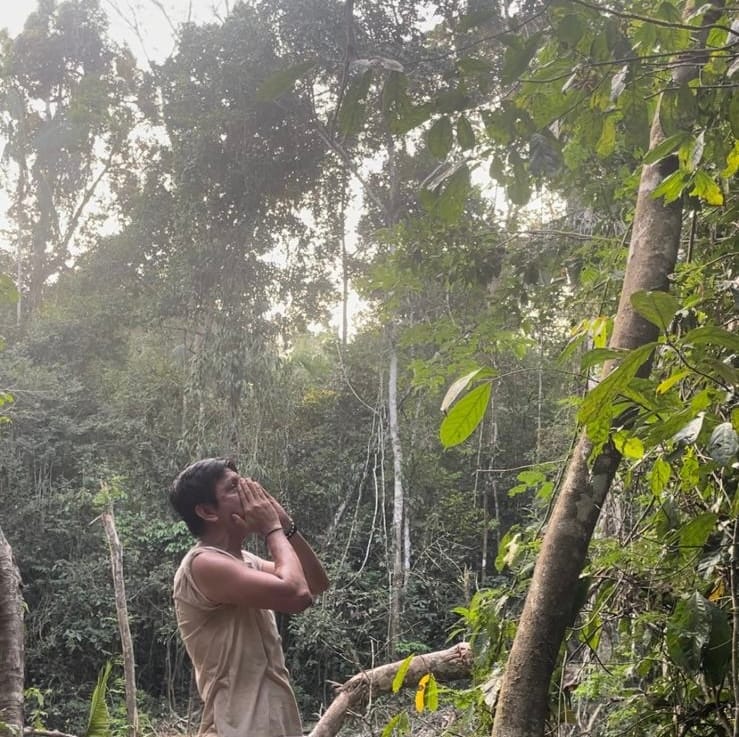
This experience has completely inspired my interest in conservation work and was proof to me that there is so much good going on out there. For any adventure seekers looking to volunteer abroad, reaching out to research stations directly, and not through agencies can be a cost effective and quick way to get involved. Most conservation efforts are non-government funded and rely on international volunteers, so it can be your chance to go on an adventure and make a real difference.
For anyone interested in going to Kawsay station, you can get in touch with Raul directly here: https://www.kawsaycenterperu.org/, or follow their Instagram here: Kawsay Biological Station (@kawsay_biological_station_peru) • Instagram photos and videos
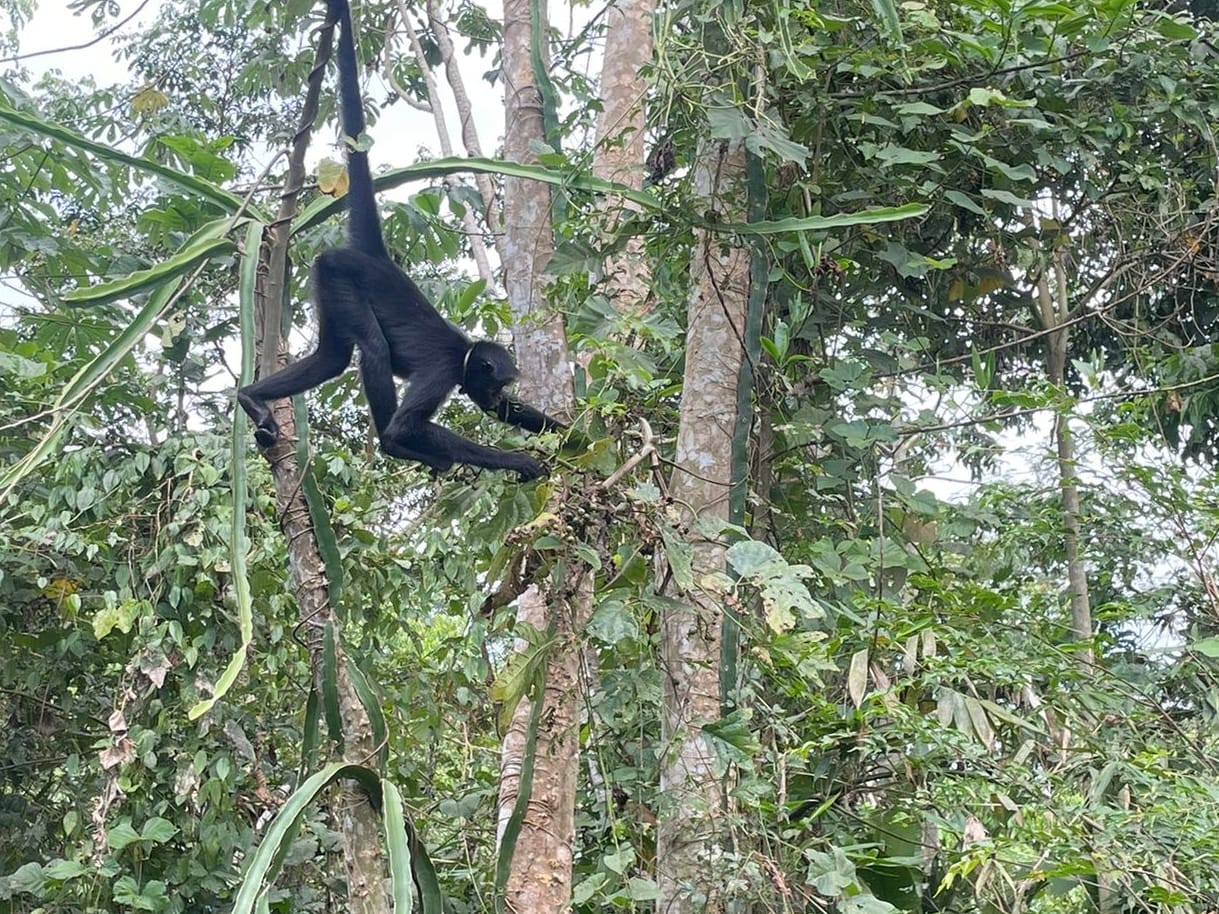
Featured images: Alex Hulley

